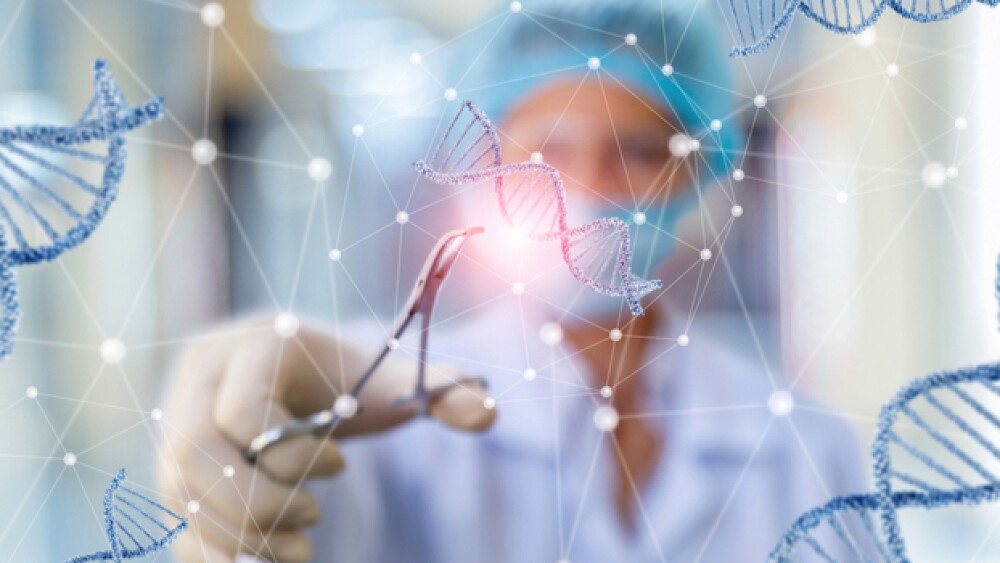Collaboration is key to faster breakthroughs. The NIH, FDA, and 15 private organizations have announced they are joining forces for the sake of the 30 million Americans suffering from a rare disease.
As the COVID-19 pandemic sparked long periods of isolation and separation, in life sciences, scientists and researchers have come together like never before. Realizing that collaboration is key to faster breakthroughs, the NIH, FDA, and 15 private organizations have announced they are joining forces for the sake of the 30 million Americans suffering from a rare disease.
Dubbed the Bespoke Gene Therapy Consortium, the new alliance will operate out of the NIH Accelerating Medicines Partnership program, managed by the FNIH. The group will combine efforts to create a streamlined process for gene therapy development that translates from lab creation to manufacturing.
While capitalistic competition has driven many innovations throughout history, it is no friend to those suffering from a rare disease. One rare disease may only affect a handful of people, making the incredibly expensive R&D process with low-projected return on investment hard to bear. By streamlining the manufacturing and regulatory processes, we may have a real chance at tackling these uncommon diseases.
Researchers believe around 85% of the 7,000
–10,000 different rare diseases are caused by a mutation in a single gene, potentially making them the perfect target for effective gene therapy. Yet at the current pace, it would take some 2,000 years to develop treatments for all these disorders. The current one-disease-at-a-time model simply can’t meet the need.
“They’ve waited a long time for something to be focused this way to address the incredibly wrenching stories we see all around us of children and adults with rare diseases where we can do a diagnostic test to tell them what they have but beyond that haven’t had much to offer,” said Francis Collins, the pioneering genetics researcher and longtime NIH director.
The Bespoke Gene Therapy Consortium, or BGTC, will tackle this problem with $76 million over five years. The funds will fuel research into improving manufacturing and standardizing methods for preclinical testing. “Bespoke” gene therapy refers to therapies that are made-to-measure like a fine suit sewn precisely to your measurements.
Pfizer’s CSO Mikael Dolsten, M.D., Ph.D., lead the charge of recruiting other private companies to join the group. The nine other pharmaceutical companies taking up the cause include Biogen, Janssen, Novartis, REGENXBIO, Spark Therapeutics, Takeda, Taysha Gene Therapies, Thermo Fisher Scientific, and Ultragenyx. Five nonprofit health organizations also joined.
One key the group hopes to unlock is the commonly used gene delivery vector, the adeno-associated virus (AAV). While this vehicle has been effective in currently approved gene therapies, it’s not without its pitfalls. An experimental gene therapy from Astellas and Audentes had four patients die during its ASPIRO clinical trial for X-linked myotubular myopathy.
“We know AAVs are reliable and safe, but they’re still far from optimized,” said Joni Rutter, Ph.D., acting director of the National Center for Advancing Translational Sciences. “Right now you need kind of high doses of AAV, and that may increase immunogenicity and some of the off-target [effects] you don’t want to see. But by better optimizing the vector, we can then reduce the dosage.”
The BGTC will work together to examine the AAV vectors more thoroughly to improve manufacturing efficiency and optimize the vehicle for delivering the gene therapy safely and effectively. The funded research will also support between four to six clinical trials focused on different rare diseases.
“These diseases are expected to be rare, single-gene diseases with no gene therapies or commercial programs in development and that already have substantial groundwork in place to rapidly initiate preclinical and clinical studies,” the NIH said.
“The trials will employ different types of AAV vectors that have been used before in clinical trials. For these trials, the BGTC will aim to shorten the path from studies in animal models of disease to human clinical trials.”
Currently, two gene therapies have been approved by the FDA and five CAR-T cell therapies for cancer.






